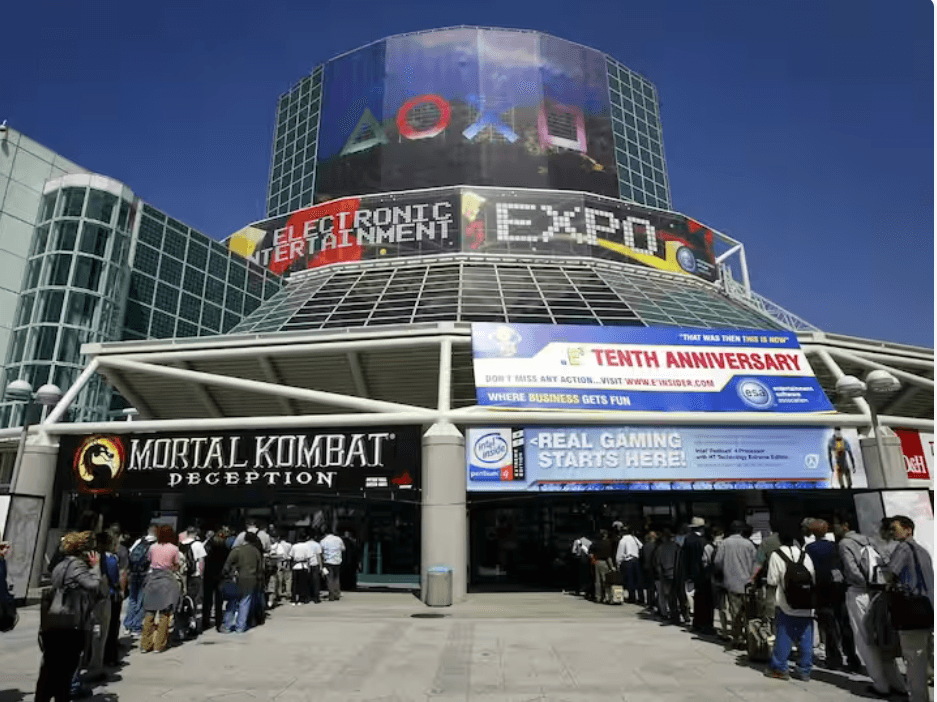The annual Electronic Entertainment Expo (E3), once the premier event in the gaming industry calendar, has been officially shuttered after over 25 years.

E3 began in 1995 as a Los Angeles-based trade show for companies to unveil upcoming video games and gaming hardware to fans, media, and industry partners. Over the years it evolved into a wildly popular convention drawing tens of thousands of attendees anxiously awaiting announcements and hands-on demos from major players like Nintendo, Microsoft, Sony, and more.
However, E3 has faced challenges in recent years. The absence of Sony PlayStation in 2018 triggered other vendors to withdraw as well. The COVID-19 pandemic canceled the 2020 event altogether. And while virtual E3 conferences were held in 2021, momentum fizzled without many big names committing to attend.
This year, with stalwarts like Xbox, PlayStation, and Nintendo opting to steer clear of E3 once again, organizers at the Entertainment Software Association have decided to pull the plug permanently. In an email statement, the ESA confirmed “We have decided to end E3.”
At its peak, E3 offered unforgettable moments for gaming fans. The legendary joint unveiling of the Nintendo Wii, PlayStation 3, and Xbox 360 back in 2005 stands out. But the writing was on the wall once the convention lost key supporters. Industry insider Geoff Keighley, who previously boosted E3’s profile, withdrew to host the popular Summer Game Fest and The Game Awards events instead.
After 27 years, E3 takes its place in history books. The ESA says its member companies will refocus efforts on supporting the broader gaming community and industry talent for those who fondly remember the excitement of E3’s glory years – thanks for the memories. But the video game convention showcase scene is evolving in new directions beyond E3.
